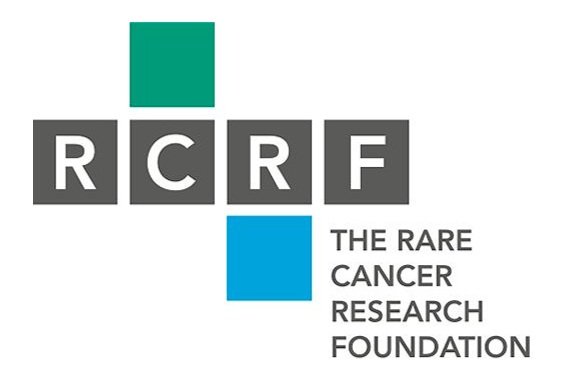External Cancer Model Resources
CancerModels.Org is a global platform that helps researchers, clinicians, and pharmaceutical companies find models generated from patient’s tumors. These patient-derived cancer models are essential for researchers to study how different cancers behave and respond to different treatments, enabling them to create more personalized and effective therapies. CancerModels.Org promotes collaboration within the global cancer research community, helping to translate scientific discoveries into real-world solutions for cancer patients.
HUSarc.org, known as the Human Sarcoma Model Initiative, is a project that is part of The Forum for Translational Research in Sarcomas (FORTRESS). FORTRESS is a scientific initiative by the University Hospitals (UZ Leuven) of KU Leuven (Belgium) and the West German Cancer Center, University of Duisburg/Essen (Germany). The Human Sarcoma Model Initiative project is a database of accessible cell line and patient-derived xenograft (PDX) models for a wide range of rare sarcoma subtypes.
The Human Cancer Models Initiative is a consortium among the National Institutes of Health (U.S.), Cancer Research UK, Wellcome Sanger Institute (U.K.), and the foundation Hubrecht Organoid Technology (The Netherlands). The goal of the Human Cancer Models Initiative is to create up to 1,000 patient-derived next-generation cancer models; these models and their relevant data are a community resource.
ATCC (American Type Culture Collection) is a nonprofit, globally-accessible organization that is based in the U.S. and distributes extensive cell lines and related microorganisms for purchase and subsequent research development. It is considered to be the largest collection of biological products in the world.
DSMZ at the Leibniz Institute is a Germany-based collection and publicly accessible database of human and animal cell lines available for purchase for research development.
The Center for Patient Derived Models (CPDM) at Dana-Farber Cancer Institute supports researchers at Dana-Farber and within the broader cancer community generate, characterize, store, and distribute a wide range of biological models. This includes patient-derived cell lines, patient derived xenograft models (PDX), and fresh cell preparations.
The Melanoma Research Alliance has created a multitude of resources for researchers, ranging from datasets and guidelines to collaboration tools, in order to effectively facilitate and accelerate breakthroughs in melanoma, including multiple rare types.
